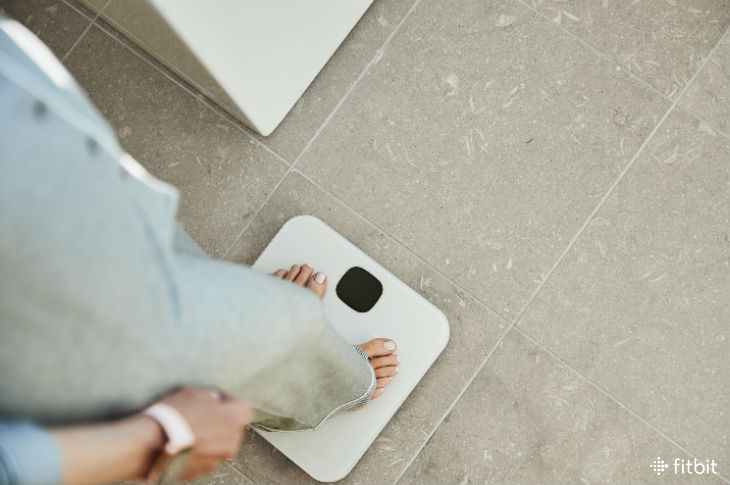Do you find yourself longing for the days when cutting out a couple treats or going to the gym a few extra times helped you drop a few pesky pounds? If so, you’re not alone. In fact, the average adult gains one to two pounds a year—and as you age, it can feel like more and more of a struggle to lose them. “Even if you’ve never had a problem maintaining your weight, the gradual creep of extra pounds becomes harder to manage the older you get,” says nutritionist Julie Stefanski, RDN.
So what’s going on? There are a few different factors at play. For one, fat is likely sticking around longer on your body. According to new research, a process called lipid turnover (a.k.a. how quickly your body removes fat) gets slower as you age. The result: Stubborn body fat that just won’t budge as quickly as it used to.
“Hormones also play a role,” says Tom Holland, an exercise physiologist. “Women have a drop in estrogen and men have lower levels of testosterone—two things that can make it harder to lose weight and can lead to more abdominal fat, especially in women.” That shift can also cause a loss of lean muscle. On average, people lose between three and eight percent of their muscle mass every decade after they turn 30. And that impacts how many calories your body burns throughout the day. “Muscle is more metabolically active than fat, so loss of muscle can lower your metabolism and cause the gradual weight gain,” says Stefanski. “Unless physical activity increases or you cut back on the amount of food you’re eating, weight gain usually happens.”
Now for some good news: Just because it’s a little harder to lose weight doesn’t mean it’s impossible. “Strength training really is the best thing to do since it helps you maintain your muscle mass,” says Holland. “It’s never too late to start and you can see results pretty quickly.” If you’ve never tried it, think about getting a few sessions with a personal trainer or by using Fitbit Coach. You’ll learn the best moves and how to make sure your form is correct (helping you avoid injuries).
And don’t forget about rethinking how much you’re putting on your plate. “Be aware of your current portion sizes and really ask yourself if you need to serve yourself the same amount of food you’re used to,” says Stefanski. “Sometimes we eat a certain amount based on habit and not because it’s what your body needs.” Pay attention to how you feel after you eat. If it’s more than a comfortable level of fullness, dial back on the amount.
The post Why Is It So Much Harder To Lose Weight As You Get Older? appeared first on Fitbit Blog.
source https://blog.fitbit.com/harder-lose-weight-older/

No comments:
Post a Comment